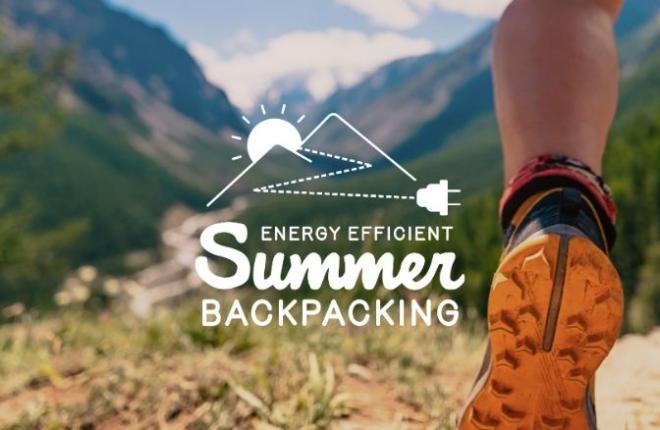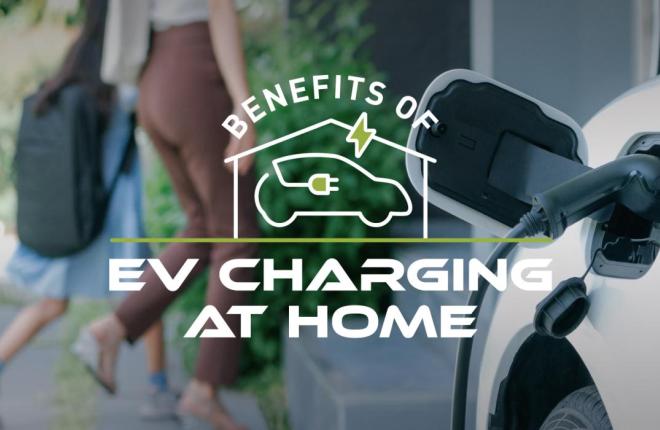
7/29/2020
Tips to Safely and Effectively Use Generators
When electricity isn’t available, some businesses and families resort to generators. While these helpful devices are a lifesaver, there are generator safety precautions that must be followed.
Sometimes you just need to plug something in. Whether it’s life-sustaining medical equipment like a CPAP machine, a backup power source for electric vehicles or maintaining critical equipment like a sump pump or water well pump, a generator can keep you powered up. You may also need power during less critical events like outdoor gatherings, camping, boating or construction. Understanding how to use them safely is important for you and your family, and also power line workers.
A qualified vendor or electrician can help you determine what kind of generator will fit your needs, and they can share resources for basic electrical safety and how to avoid electrical hazards. While there are many options to choose from, all generators must be operated outside. The exhaust contains deadly carbon monoxide that needs plenty of ventilation. You also must take special care to locate the generator in a space that is, and will stay, dry. Even though they are meant to be used in inclement weather, water and electricity generation do not mix.
Portable and Permanent Generators
Evaluating how often you may need a generator can help you decide on a portable or permanently installed option. Tri-State and our member electric cooperatives work night and day to keep the lights on, but sometimes Mother Nature has other ideas. If you’re in an area prone to strong storms or fires, and cannot go without power during an outage, consider that Consumer Reports strongly recommends a permanent option if you need one often and can afford it.
These generators are called standby generators. They are typically installed by a professional. Much like an installed air conditioning unit, standby options are covered and insulated against the elements. The extra casing makes these generators much quieter than their portable peers. Instead of running on gasoline or diesel fuel, standby generators typically connect to your natural gas line. That makes refueling and supply less of an issue in a storm or emergency. Standby machines kick in automatically to minimize disruption when the power goes out.
Standby generators are more powerful, capable of producing between 8,000 and 20,000 watts with 13 to 48 gallons of propane or natural gas per day. But, at $2,000 to $5,000 for the unit alone, they cost significantly more than a portable option.
In contrast, portable generators are less expensive and more versatile. For fuel, many rely on simple gasoline, but there are variations available for liquid propane, natural gas and diesel. Keep in mind the potential availability of fuel in certain situations like storms or emergencies when choosing a model.
There are also many more opportunities for a portable generator to be dangerous to you and to those who work on power lines. Electrical currents run bi-directionally on the lines. If you plan on connecting a generator to your home wiring, your attention to safety precautions will ensure your generator doesn’t send powerful electricity the wrong way down the line. This is called back feed, and it can hurt line workers or anyone else near a downed power line. The only safe way to connect to your homes’ wiring is to put in place a transfer switch, to prevent back feed. The transfer switch is an essential component that also provides protection to the generator and home wiring when the normal power is restored
Portable generators produce between 3,000 and 8,500 watts on 12 to 20 gallons of gas per day, and cost between $400 and $1,500. They’re ideal if you plan on using your generator not only for emergency use but for outdoor activities too.
Using Portable Generators Safely
Some people opt for a portable generator because they can use it on camping or hunting trips, outdoor gatherings or on a job site. Whether you’re using a generator at a farmer’s market or at a campsite, find a dry space to run it that’s at least 20 feet away from where you’re spending time. Only allow extension cords, rather than devices themselves, to be plugged directly into the generator. This trick ensures that your family and friends are far enough from its carbon monoxide exhaust fumes and dangerously hot running temperatures. Keep an eye on curious pets or children to prevent them from getting too close and getting burned.
Refueling a portable generator when you’re away from home can take some planning. Don’t risk attempting to keep the generator running through this task. Power down the generator when you head to bed or when you know you won’t be using it, and check fuel levels before you turn it back on.
Because it’s so important, we’ll make sure we say it one more time: Your generator must stay dry when in use. If yours doesn’t have a waterproof container, put the generator under its own specialty, generator-specific canopy tent or other shelter.
Ensure that all generators are properly grounded. Driving a ground rod and connecting the generator frame to the ground rod is a best practice in any situation. Proper grounding protects people and equipment, it keeps everyone safe.
Safely Use a Generator in Emergencies
If you’ve purchased a generator to have on hand during storms or emergencies, it’s a good idea to practice using it before you need it. Some tips and steps to remember:
-
Never use a generator indoors or in enclosed spaces such as garages, crawl spaces, and basements.
-
Consider storing your portable generator somewhere you can get to quickly, and where it will stay dry.
-
Do not operate a generator with water around or on it.
-
Make sure your generator is filled up with fuel before you fire it up. Only refuel when the generator is off and cool. When they’re running, generators can get extremely hot.
-
Connect the device to the transfer switch.
-
Ground all generators.
The generator should be on and running when items are plugged into it. Things can be plugged into the generator, but plugging the generator into the wall of a home can send back feed down the entire power line. Minimize the devices plugged into the generator during emergency use by prioritizing your needs, especially if your fuel supply is limited.
Being careful to double-check all safety measures will keep your summer fun and the lights on too.
--
About Tri-State
Tri-State is a power supply cooperative, operating on a not-for-profit basis, serving electric distribution cooperatives and public power district member-owners in four states. Together with our members, we deliver reliable, affordable and responsible power to more than a million electricity consumers across nearly 200,000 square miles of the West. Visit www.tristate.coop.
Blog Posts

Protecting Your Home Year-Round from Wildfires

Summer Backpacking: Solar Power, Energy Efficiency, and the Best States to Visit

Beat the Chill: Effective Insulation Strategies for Winter Comfort

Energy Efficient Heating Options for Rural Communities in the West

Energy Efficient Tips for Outdoor Fall Entertaining

Boost Your Business with EV Charging

The Benefits of Having Your Own EV Charger at Home

Geothermal Heat Pumps: Harnessing Earth's Energy for Your Business

